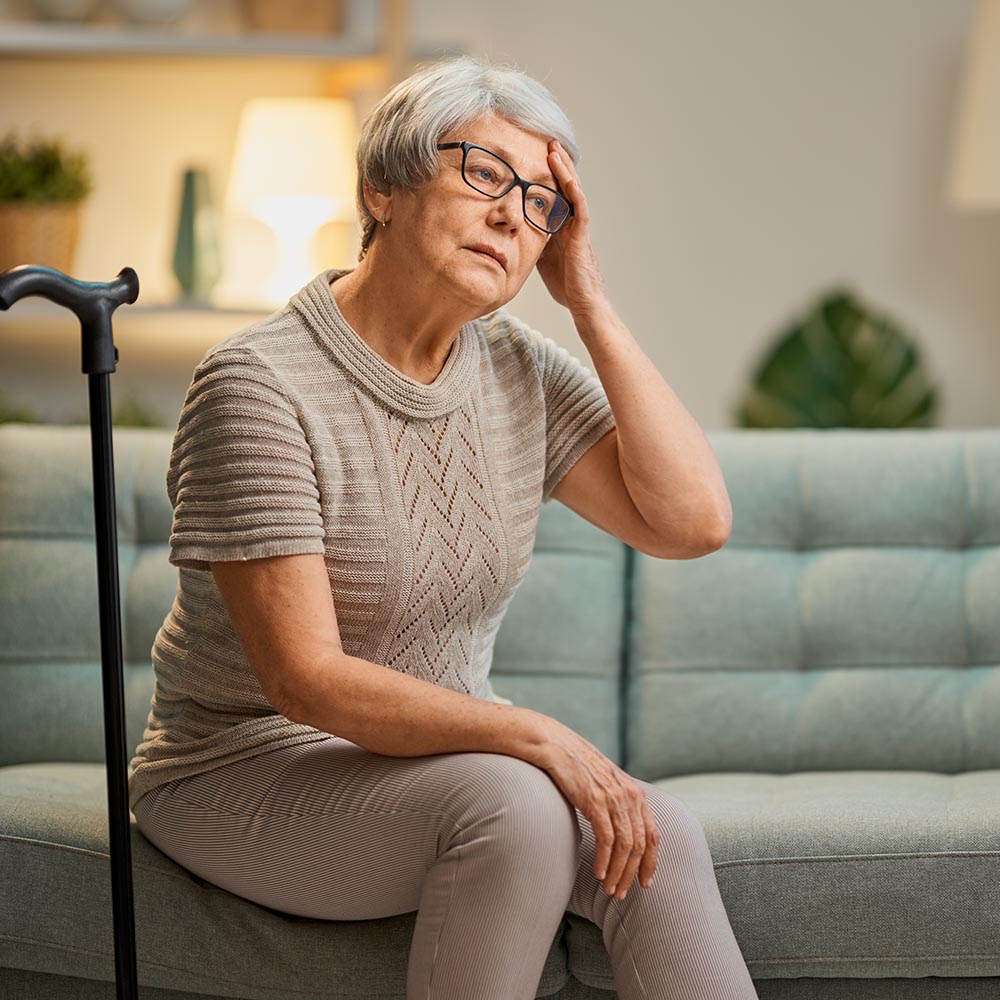
By: Mark M.
Year: 2022
School: Rancho San Joaquin Middle
Grade: 8
Science Teacher: Paige Morris
This project provides a novel and personalized solution for monitoring dehydration in the elderly. Four Machine Learning algorithms were compared to determine which one best detected anomalies in the timings of an elderly subject’s nightly bathroom visits, such as long gaps between visits or no visits, because such anomalies indicate possible dehydration, falls, or illness.
Hypothesis was validated when Random Forest, the most effective algorithm, was implemented in a Raspberry-Pi with a motion sensor to create a monitoring device. Device was installed in subject’s bathroom where it successfully monitored nightly bathroom visits and sent email notifications to alert family if long gaps or no visits occurred.
Aging increases the risk of dehydration in the elderly, causing falls, seizures and illnesses (Picetti 2017). Also, nocturia (two or more bathroom visits at night) is common among elderly and increases their risk of nighttime falls, and some elderly self-manage nocturia by fluid restriction, increasing their risk of dehydration (Marinkovic 2004). Therefore, anomalies in the timings of their bathroom visits, such as long gaps between visits or no visits at night, could indicate dehydration, falls, or other illnesses.
Mark wanted research what Machine Learning (ML) algorithm can best detect such anomalies, and having found that, can a Raspberry-Pi with a motion sensor effectively use this algorithm to check for bathroom visits and send notifications in real time to family when anomalies occur?
Mark hypothesized that the Random Forest algorithm would be the most successful in detecting such anomalies because it consists of multiple Decision Tree algorithms, which have excellent ability to make classifications based on binary data, each trained slightly differently to get the best result. Furthermore, a Raspberry-Pi implementing this algorithm and a motion sensor will be able to accurately detect bathroom visit anomalies in real time and notify family, because a Raspberry-Pi can run Python, use Wi-Fi, and interface with a motion sensor.
In studies, ML and Raspberry-Pi with a sound sensor identified different bathroom sounds to check occupancy for potential health monitoring (Siantikos 2016), and ML was used to predict stroke severity and a system was proposed to collect health data in real time and notify family of possible stroke (Yu 2020).
